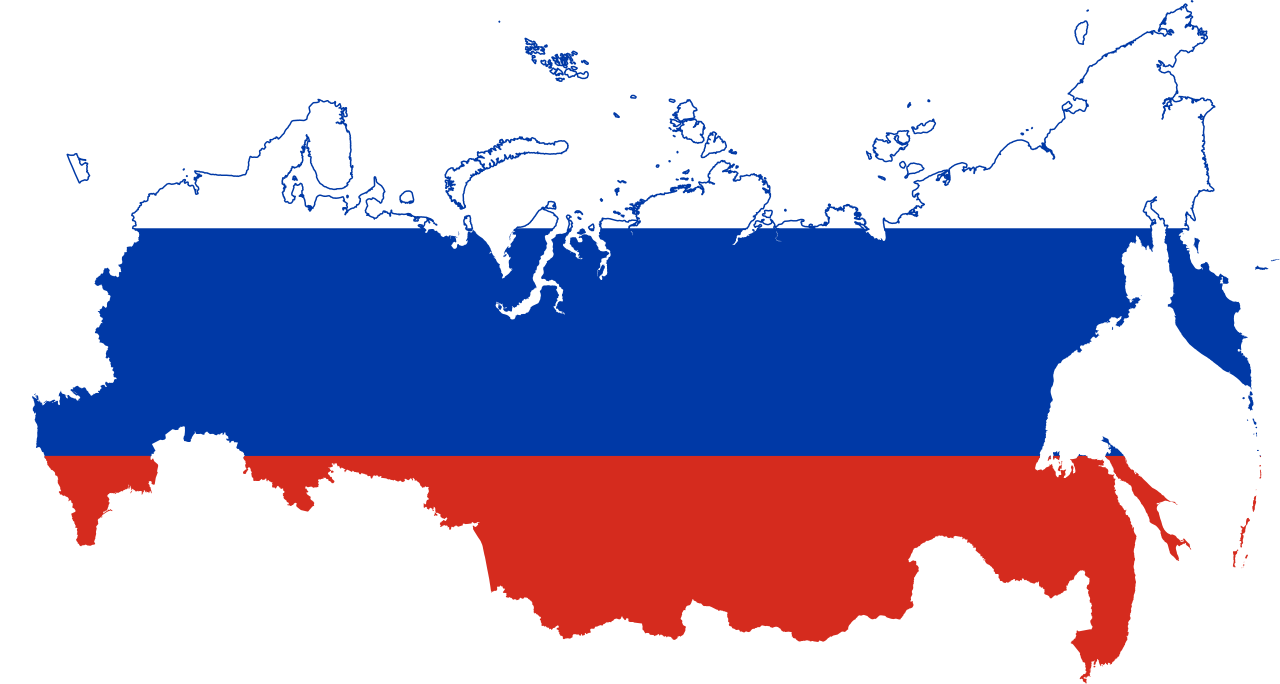Immigrants in Russia
Russia has a long history of immigration, with various waves of migrants settling in the country over the centuries. In recent times, Russia has been a significant destination for immigrants, attracting people from neighboring countries as well as other parts of the world. Here is some information about immigrants in Russia:
1 - Diversity of Immigrants: Immigrants in Russia come from a wide range of countries, including Ukraine, Kazakhstan, Uzbekistan, Tajikistan, Armenia, Azerbaijan, Moldova, and Kyrgyzstan, which are former Soviet republics. Additionally, there are immigrants from China, Vietnam, Turkey, Afghanistan, Syria, and other countries.
2 - Economic Reasons: Economic factors play a significant role in immigration to Russia. Many immigrants are drawn to Russia in search of better economic opportunities, as the country has a relatively large and diverse economy. They often find employment in construction, manufacturing, agriculture, retail, services, and other sectors.
3 - Labor Migration: Labor migration is a key aspect of immigration in Russia. Many immigrants work in low-skilled jobs that locals may not be willing to take, such as construction workers, janitors, domestic helpers, and agricultural laborers. They contribute to various sectors of the economy, including industries, services, and agriculture.
4 - Legal Framework: The legal framework for immigration in Russia is regulated by the Federal Migration Service (FMS) and other relevant agencies. Immigrants are required to obtain proper documentation, such as work permits or temporary residence permits, to legally live and work in the country. However, there have been cases of undocumented or illegal immigration as well.
5 - Challenges: Immigrants in Russia often face challenges such as language barriers, cultural differences, discrimination, and limited access to social services. Integration can be challenging, particularly for those who do not speak Russian fluently. There have been instances of xenophobic sentiment and incidents targeting immigrants, which can adversely affect their well-being.
6 - Remittances: Many immigrants in Russia send remittances back to their home countries, providing financial support to their families and contributing to the economies of their countries of origin. Remittances play a significant role in the economic development of certain regions.
7 - Changes in Migration Policies: Over the years, Russia has made changes to its migration policies to address issues related to immigration. These changes have included tightening regulations, implementing stricter controls on work permits, and introducing integration programs to facilitate the inclusion of immigrants into Russian society.
It's important to note that the specific situation regarding immigrants in Russia can evolve over time, and it's recommended to refer to up-to-date sources and official government information for the most accurate and current information.

